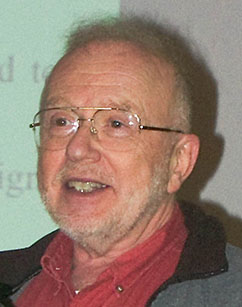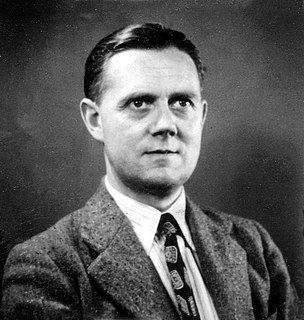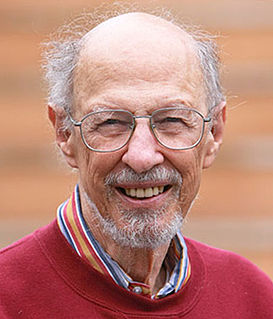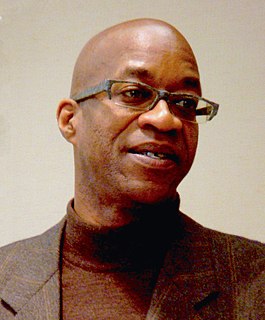A Quote by David Parnas
Complexity is not a goal. I don't want to be remembered as an engineer of complex systems.
Quote Topics
Related Quotes
The primary consequence of the computational nature of the universe is that the universe naturally generates complex systems, such as life. Although the basic laws of physics are comparatively simple in form, they give rise, because they are computationally universal, to systems of enormous complexity.
New laws, new kinds of things can emerge as the universe evolves. The more moving parts you have in something, the more possibilities there are. There's a whole new science now of complexity, and what we see is that complexity requires a very different approach than the kind of bottom-up approach that fundamental physics has always used. We're gonna have to think about the world in a different way if we want to address complex systems.
A second possible approach to general systems theory is through the arrangement of theoretical systems and constructs in a hierarchy of complexity, roughly corresponding to the complexity of the "individuals" of the various empirical fields... leading towards a "system of systems." [...] I suggest below a possible arrangement of "levels" of theoretical discourse...(vi) [...] the "animal" level, characterized by increased mobility, teleological behavior and self-awareness...
If we want to postulate a deity capable of engineering all the organized complexity in the world, either instantaneously or by guiding evolution, that deity must have been vastly complex in the first place. The creationist, whether a naive Bible-thumper or an educated bishop, simply postulates an already existing being of prodigious intelligence and complexity. If we are going to allow ourselves the luxury of postulating organized complexity without offering an explanation, we might as well make a job of it and simply postulate the existence of life as we know it!

































